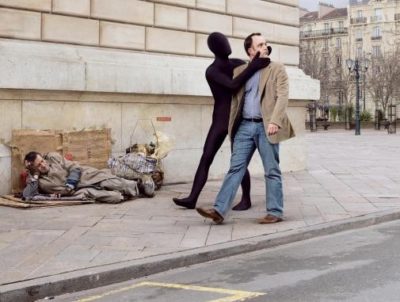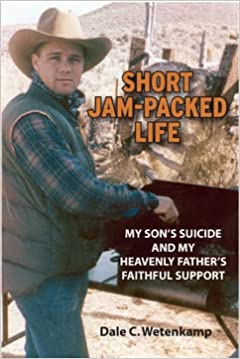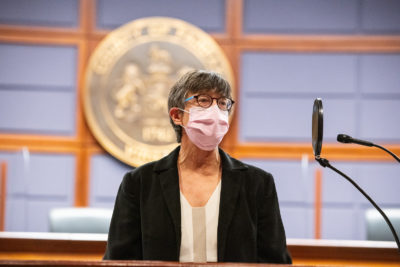
Photo courtesy of Metro Free
(12-17-21) I’m a strong advocate for Housing First programs with wrap around treatment services that help Americans who are chronically homeless, especially those with addictions and/or mental illnesses.
Housing First recognizes that putting a roof over someone’s head is the first step to recovery. Common sense tells us that if you are psychotic and/or addicted it is much more difficult to overcome those problems if you are sleeping on the streets.
Unfortunately, Housing First is under attack by a cabal of conservatives. Most recently, radio talk show host Hugh Hewitt launched an unwarranted diatribe against Housing First in The Washington Post. While arguing against passage of President Biden’s Build Back Better program now before the Senate, Hewitt warned that Biden’s bill would squander $170 billion earmarked for development of affordable housing if approved as passed by the House.
“Billions of dollars must not be captured by the radical advocates of Housing First, an innocuous, even just-sounding slogan concealing a counterproductive radical agenda hostile to the idea of placing any conditions on aid for the homeless,” Hewitt proclaimed.
Until I read that comment, I didn’t realize that I and hundreds of other parents and social workers who support Housing First are considered “radical advocates.”Click to continue…







